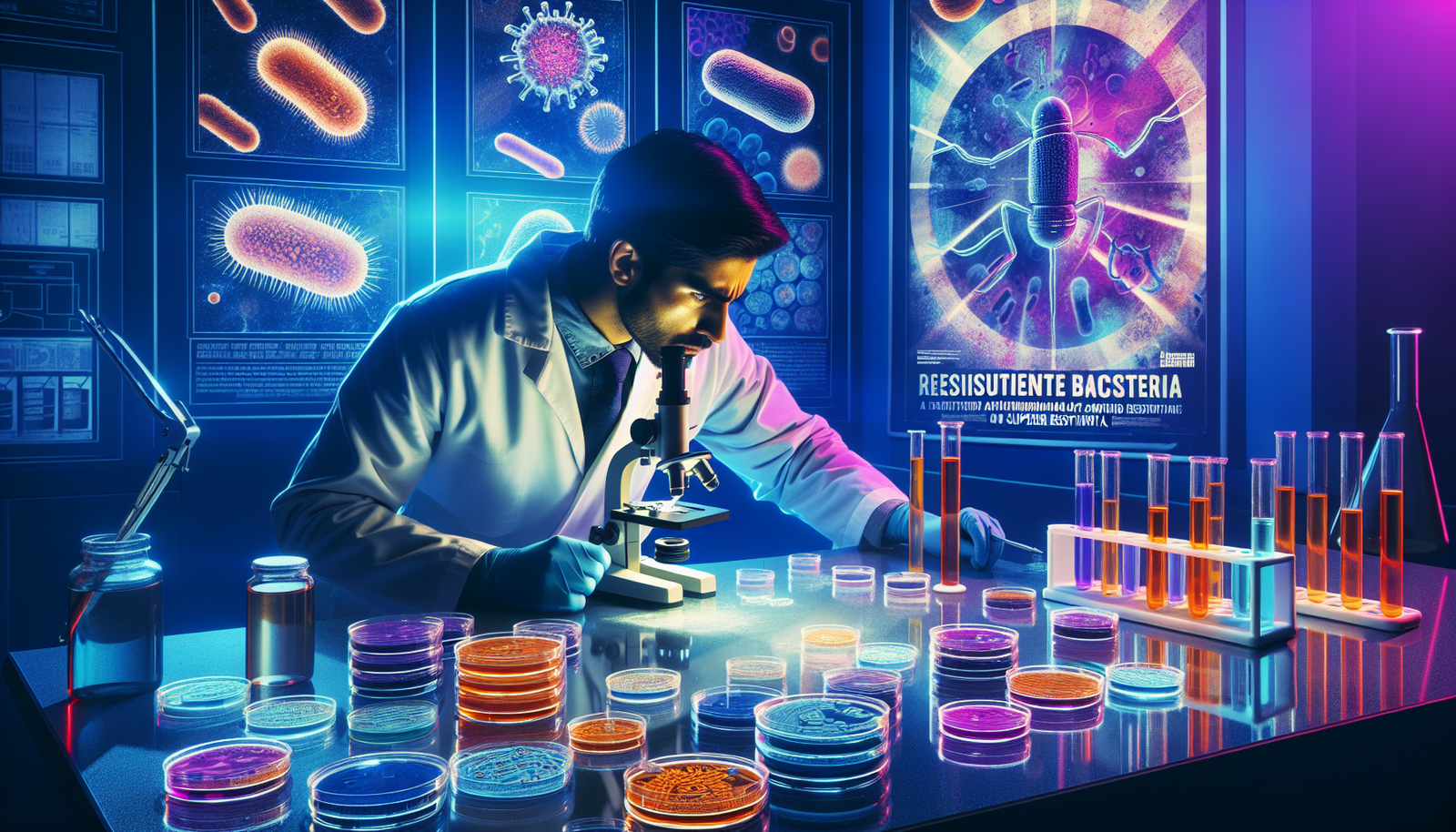The health emergency related to infections caused by antibiotic-resistant bacteria is intensifying. This global scourge threatens not only public health but also modern medicine itself. In the face of this growing challenge, French research is organizing to deploy innovative solutions and develop effective strategies.
The mobilization of scientists, combined with interdisciplinary efforts, fosters an unprecedented dynamic. The fight against antibiotic resistance is a major challenge that requires a systemic approach, integrating human, animal, and environmental health. The consequences of bacterial resistance can be devastating, making infections harder to treat and increasing mortality.
The actors of French research, aware of this threat, are resolutely committed to this battle.
Mobilization of Public Research
The fight against antibiotic-resistant bacteria is intensifying within French research in response to a growing health threat. A central objective of this mobilization is to preserve the efficacy of existing antibiotics. Infections caused by these germs could lead to up to 1.28 million deaths per year by 2030, thus placing the fight against antibiotic resistance among the public health priorities.
Revolutionary Initiatives
In response to this alarming situation, various laboratories and public institutions have implemented innovative initiatives. Scientific projects are launched to explore new research avenues, notably the identification of still-unknown antibacterial molecules. Calls for projects have recently been published, encouraging researchers to collaborate within multidisciplinary networks.
One Health Concept
The adopted strategy is based on the One Health concept, which connects human, animal, and environmental health. This holistic framework allows for an integrated approach to the issues raised by antibiotic resistance. Researchers study not only pathogenic bacteria but also their transmission between different species and their impacts on the ecosystem.
Collaborative Research
Collaborative research plays a prominent role. More than 131 projects have been submitted in the last call for expressions of interest, a clear sign of the dynamism of research in France. Efforts focus on improving the understanding of resistance mechanisms as well as developing new antibacterial strategies.
Impact on Medical Practice
The results of this research could radically transform medical practice. A better understanding of resistances will allow health professionals to adapt their antibiotic prescriptions and prevent ineffective treatments. Raising public awareness of the appropriate use of antibiotics is also a fundamental aspect of this struggle.
Civil Society Contributions
Civil society actively participates in this scientific endeavor. Participatory science projects, such as sending soil samples by citizens, play a crucial role in discovering new antibiotics derived from microorganisms present in the environment. So far, 1,500 samples have been collected for analysis, illustrating collective commitment in the face of this health challenge.
Surveillance and Prevention
Strengthening the surveillance of resistant infections is essential. Health authorities are implementing targeted prevention programs to reduce inappropriate use of antibiotics, both in hospitals and households. Awareness campaigns aim to inform the public about the dangers of excessive consumption.
Future Perspectives
Advances in the fight against antibiotic resistance require significant funding and constant commitment from institutions. The horizon is promising thanks to the mobilization of research and health actors. The urgency of this situation calls for unprecedented collaboration between scientists, doctors, and the public to protect the integrity of modern medicine.
Frequently Asked Questions about French Research against Antibiotic-Resistant Bacteria
What is antibiotic resistance and why is it a public health problem?
Antibiotic resistance is the ability of bacteria to resist the effects of antibiotics, making some infections more difficult to treat. It is a major public health issue as it threatens the ability to treat common infections and can lead to serious complications, including mortality.
How is French research combating antibiotic resistance?
French research is mobilizing by developing new antibacterial strategies, designing innovative antibiotic molecules, and implementing surveillance programs to better understand and control resistance.
Who are the main actors in the fight against antibiotic resistance in France?
Main actors include scientific institutions like INSERM, universities, research laboratories, as well as collaborations between the public and private sectors, and participatory science initiatives involving the community.
What are the consequences of overconsumption of antibiotics on public health?
The overconsumption of antibiotics leads to an increase in bacterial resistance, which means treatments become less effective. This can lead to persistent infections, prolonged hospital stays, and an increased risk of death.
How can citizens contribute to research on antibiotic resistance?
Citizens can participate by sending soil samples to help discover new antibiotics, or by engaging in awareness campaigns to promote responsible use of antibiotics.
What are the main challenges that research faces in the fight against antibiotic resistance?
Main challenges include the rapid evolution of bacteria, the lack of new antibiotics on the market, and the need for a transdisciplinary approach integrating human, animal, and environmental health.
What is the projected impact of antibiotic resistance on modern medicine?
If the current trend continues, antibiotic resistance could make common medical procedures, such as surgeries or intensive care, much riskier by increasing the risk of difficult-to-treat infections.






